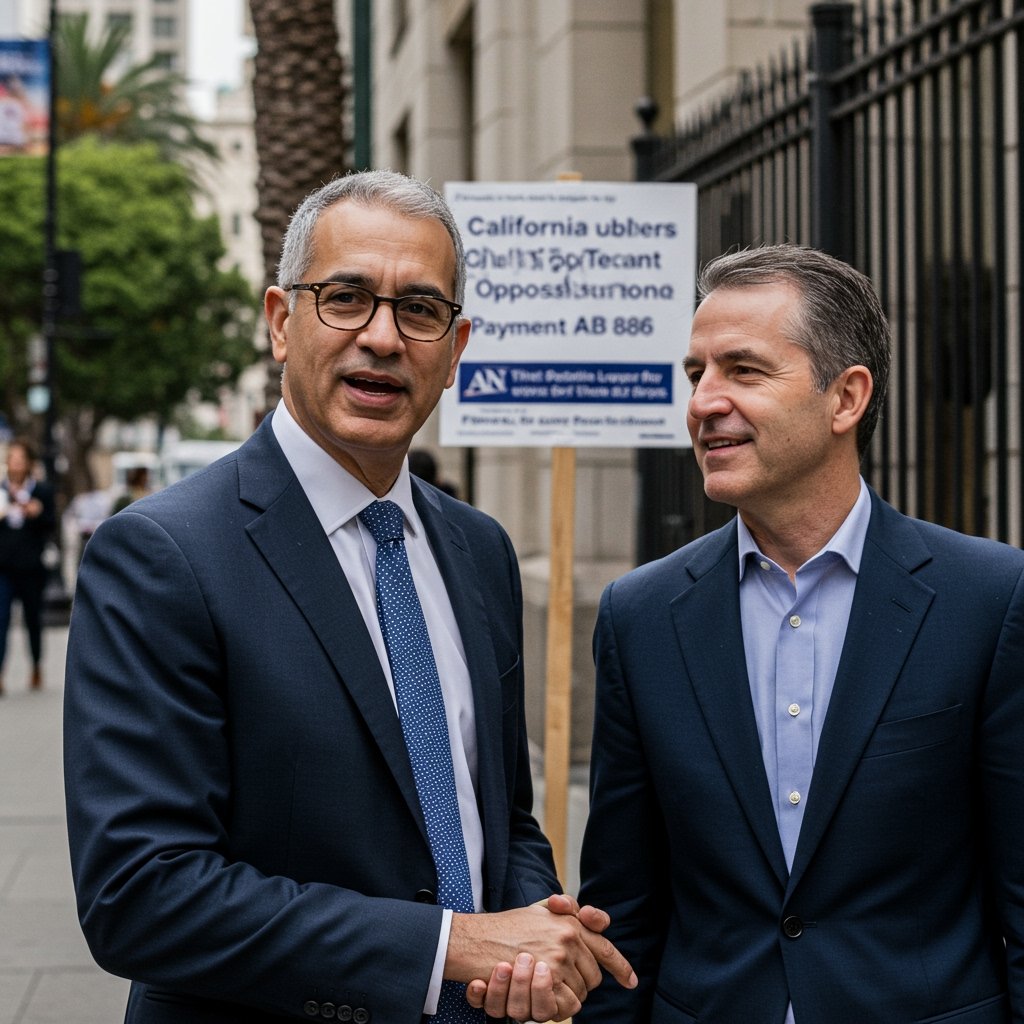California Publishers Group Pushes Back on Tech Criticisms of News Payment Bill
Sacramento, CA – The California News Publishers Association (CNPA) today delivered a strong and unequivocal response to mounting criticisms from major technology companies, including giants like Google and Meta, regarding proposed state legislation aimed at establishing a framework for compensating news publishers. At the heart of the debate is California Assembly Bill 886, a measure currently under consideration in the state legislature that seeks to require large online platforms to pay news publishers for the commercial use of their content.
CNPA officials did not mince words in asserting that AB 886 is not merely a beneficial policy, but a “vital lifeline” critically needed to sustain local journalism across the diverse communities of California. The association contends that for many years, dominant online platforms have significantly benefited from the widespread availability and use of news content on their sites and services, leveraging it to drive user engagement, gather valuable data, and ultimately, bolster their advertising revenues. This, they argue, has occurred concurrently with a precipitous decline in the financial fortunes of news organizations, particularly at the local level, leading to newsroom contractions, layoffs, and in some cases, the complete closure of publications essential for civic life.
“For too long, major tech platforms have built incredibly lucrative business models by freely utilizing and distributing the content created by journalists and newsrooms without fair compensation,” a CNPA spokesperson stated. “This imbalance has severely weakened the economic foundation of news organizations, which are already struggling with shifted advertising paradigms and changing consumption habits. AB 886 seeks to address this fundamental unfairness by creating a mechanism for publishers to receive fair value for the content that provides significant value to these platforms.”
A key point of contention highlighted by the tech industry has been the bill’s proposed framework for determining compensation, which involves a form of arbitration if direct negotiations between platforms and publishers fail. Critics from companies like Google and Meta have reportedly claimed this arbitration process is unworkable, unfair, or disproportionately favors publishers. CNPA officials vigorously disputed these claims today, stating that the proposed arbitration model is both necessary and appropriately designed.
“We have heard the arguments from tech companies that the arbitration process is problematic. We strongly disagree,” the CNPA spokesperson continued. “This framework is not arbitrary; it is designed to provide a structured and fair path to determine the market value of the news content being used. In an environment where there is a vast power imbalance between monolithic tech corporations and individual news businesses – many of them small, local operations – an arbitration mechanism offers the only realistic means for publishers to negotiate on a more equal footing and achieve fair compensation for their investment in public interest journalism.”
The association emphasized that the current digital ecosystem allows platforms to benefit immensely from news content appearing in search results, news feeds, and other curated sections, driving traffic and engagement within their platforms. While platforms may argue they send traffic to publishers, CNPA and proponents of AB 886 counter that the platforms themselves capture significant value from the presence and aggregation of this content on their platforms, often enabling them to sell advertising around it or keep users within their ecosystem.
The financial struggles faced by news organizations in California mirror a national trend, but the state’s large population and diverse media landscape make the impact particularly significant. News deserts or areas with severely limited local news coverage have grown, raising concerns about informed citizenship, government accountability, and community cohesion. CNPA argues that the revenue generated through AB 886 is not intended as a bailout, but as compensation that reflects the commercial value extracted by platforms from news content. This compensation, they contend, is essential to reinvest in newsgathering operations, hire and retain journalists, and expand coverage of critical local issues.
“Sustaining high-quality, independent, public interest reporting is not just a business issue; it is fundamental to a healthy democracy and informed citizenry,” the CNPA stated. “Local journalists hold power accountable, investigate issues affecting communities, and provide essential information during emergencies. Without a stable economic model, this vital work is increasingly at risk. Assembly Bill 886 offers a mechanism to help ensure that the significant value news organizations create is fairly recognized and compensated by the platforms that benefit from it most.”
The passage of AB 886 would position California among jurisdictions globally that are exploring or have implemented similar measures to address the economic relationship between news publishers and large online platforms. The debate surrounding the bill is expected to continue as it progresses through the legislative process, with significant lobbying efforts anticipated from both the technology industry and news organizations. However, the California News Publishers Association today made it clear that they stand firmly behind the bill, viewing it as a necessary step to correct market imbalances and secure the future of journalism in the state.
“This legislation is essential,” CNPA concluded. “It is about creating a sustainable future for the news that Californians rely on. We urge legislators to look past the self-interested arguments of the tech platforms and support this vital measure for local journalism and for the public interest.”



















